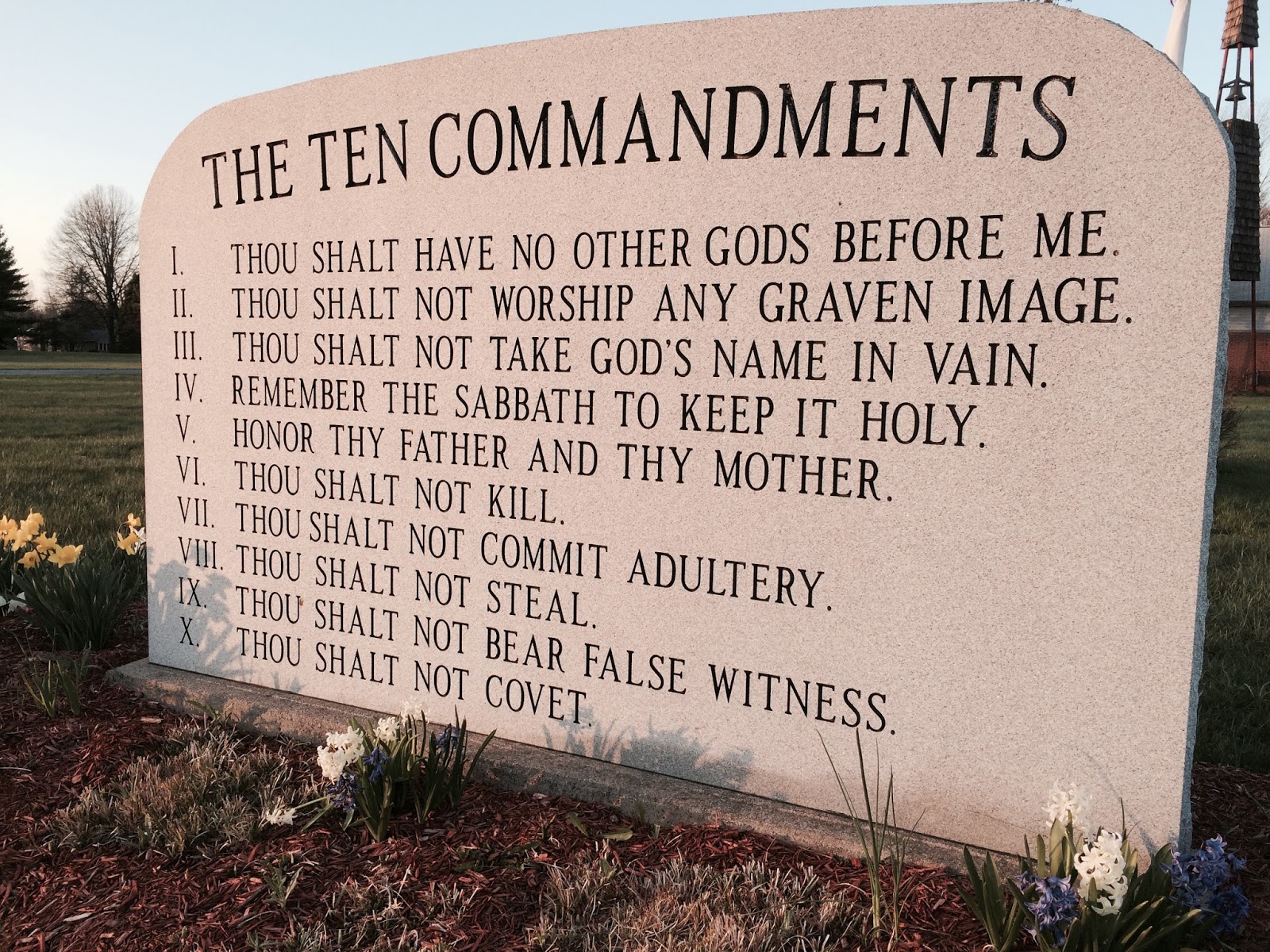The 10 Commandments in the Bible hold a significant place in the moral and ethical framework of Judeo-Christian beliefs. These ancient laws, believed to have been given by God to Moses on Mount Sinai, serve as a foundational guideline for human behavior and societal order. For centuries, they have influenced not only religious practices but also legal systems and cultural norms across the globe. Understanding these commandments can provide deep insights into the values that shape our society today.
The teachings encapsulated within the 10 Commandments in the Bible offer more than just rules; they present a vision of how humans should relate to God, each other, and the world around them. Each commandment is a reflection of divine wisdom, urging followers to embrace a life of integrity, respect, and compassion. As we delve into these principles, we uncover timeless truths that resonate with individuals regardless of their background or beliefs.
In this article, we will explore the essence of the 10 Commandments in the Bible, their historical context, and their relevance in contemporary society. By asking essential questions about their meaning and application, we aim to foster a deeper understanding of these commandments and encourage thoughtful reflection on their role in our lives.
What Are the 10 Commandments in the Bible?
The 10 Commandments, also known as the Decalogue, are a set of biblical principles relating to ethics and worship. They are found in the books of Exodus (20:1-17) and Deuteronomy (5:4-21) in the Bible. These commandments are divided into two sections: the first four commandments focus on the relationship between individuals and God, while the last six address interpersonal relationships among people.
Why Were the 10 Commandments Given?
The 10 Commandments in the Bible were given to the Israelites as a covenant between God and His people. They served as a divine guideline to help them live justly and righteously in a new land, free from the slavery they had experienced in Egypt. By following these commandments, the Israelites would demonstrate their commitment to God and their willingness to uphold a moral society.
What Are the Specific 10 Commandments?
- You shall have no other gods before Me.
- You shall not make for yourself a carved image.
- You shall not take the name of the Lord your God in vain.
- Remember the Sabbath day, to keep it holy.
- Honor your father and your mother.
- You shall not murder.
- You shall not commit adultery.
- You shall not steal.
- You shall not bear false witness against your neighbor.
- You shall not covet.
How Do the 10 Commandments in the Bible Influence Modern Society?
The impact of the 10 Commandments in the Bible is evident in many aspects of modern life. Laws regarding homicide, theft, and perjury can often trace their roots back to these ancient commandments. Moreover, the moral teachings derived from the commandments continue to influence personal and societal ethics, encouraging individuals to live with integrity and respect for others.
Can the 10 Commandments Be Applied Today?
Absolutely! The 10 Commandments in the Bible remain relevant today as they provide a moral compass for individuals navigating complex ethical dilemmas. By applying these principles, people can foster healthier relationships, build stronger communities, and enhance their spiritual lives. For instance, the commandment to honor one's parents encourages family unity and respect, while the prohibition against lying promotes trust and honesty.
What Are the Common Misinterpretations of the 10 Commandments?
Despite their widespread recognition, the 10 Commandments in the Bible are sometimes misinterpreted or oversimplified. Some common misinterpretations include:
- Viewing the commandments merely as rules rather than as guiding principles for living a fulfilling life.
- Ignoring the spiritual significance of the commandments in favor of a strictly legalistic approach.
- Failing to apply the commandments to contemporary issues such as social justice and environmental stewardship.
What Role Do the 10 Commandments Play in Religious Education?
In religious education, the 10 Commandments in the Bible serve as essential teaching tools. They are often used to instill values in children and adults alike, encouraging discussions about morality, ethics, and the nature of God. Through studying the commandments, individuals can gain a deeper understanding of their faith and the expectations that come with it.
How Can One Live by the 10 Commandments?
Living by the 10 Commandments in the Bible involves intentionality and commitment. Here are some practical steps to incorporate these commandments into daily life:
- Reflect on each commandment and consider its relevance to your life.
- Engage in open discussions about ethical dilemmas with family and friends.
- Practice gratitude and reverence towards God and others.
- Participate in community service to embody the principles of compassion and generosity.
Conclusion: The Enduring Legacy of the 10 Commandments
The 10 Commandments in the Bible are more than a historical artifact; they are a living testament to the values that have shaped human civilization. Their teachings transcend time and culture, offering guidance and wisdom for navigating the complexities of life. By embracing these commandments, individuals can contribute to a more just, compassionate, and harmonious society.
Article Recommendations
- Is Megan Fox A Historian Secrets Revealed
- Megan Fox Playboy Did She Pose
- Megan Fox Blooddrinking Video Shocking Clip Surfaces
:max_bytes(150000):strip_icc()/the_ten_commandments-114313353-58cecfb75f9b581d724a2f4a.jpg)

